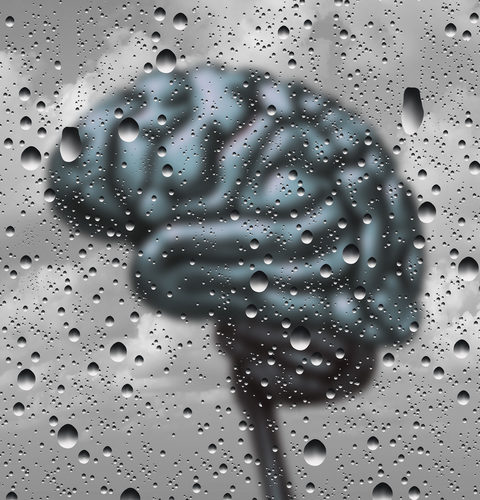The stimulating effects of cocaine have been documented for over a thousand years. Cocaine is found in the leaves of the coca plant, which is native to South America; indigenous peoples chewed coca leaves to provide energy, curb appetite or numb pain. In the mid-1800s, the cocaine chemical compound was isolated from the plant’s leaves. For nearly a half-century it was used freely in medical anesthetics and for everything from recreational energy to hair growth.
In the early 1900s, however, cocaine became grouped with other addictive vices like opium and alcohol. As cocaine’s harmful effects became evident, it was placed under increasingly tighter regulations and was eventually given a Schedule II rating in the U.S. Controlled Substances Act of 1970. A Schedule II qualification means that it has some legal medical uses but cannot be otherwise produced or prescribed due to a high potential for abuse. Despite these regulations, cocaine remains among the top three abused illicit substances in the United States. As of 2015, nearly 1.8 million people age 18 or older were current cocaine users.
EFFECTS OF COCAINE ADDICTION ON THE BRAIN AND BODY
Cocaine is considered a stimulant, which means that its effects are due to an increase in brain activity instead of a decrease. When you use cocaine, it blocks your brain cells from absorbing chemicals linked to mood, energy and pleasure. When these chemicals — called serotonin, norepinephrine and dopamine — are not absorbed, they continue to drift between brain cells and cause reactions that trigger your brain and body to respond with heightened emotions, a spike in energy and feelings of euphoria. When a cocaine high wears off, these sensations rush out of your brain as quickly as they flooded in.
After continued cocaine use, your brain starts to crave the extra serotonin, norepinephrine and dopamine to avoid the periods between highs when you feel drained and despondent. These cravings can quickly become dependence, which occurs when you come to rely on cocaine to feel any positive emotions. This develops into an addiction, which is not only mentally unhealthy but can have serious physical repercussions as well. Cocaine abuse floods your body with adrenaline, dangerously raising your heart rate and blood pressure. It also leads to drastic weight loss as your appetite dwindles with repeated use. Additionally, for users who take cocaine nasally, the drug can cause serious damage to the nasal tissues and even corrode the septum to a point requiring reconstructive surgery.


TREATING COCAINE ADDICTION
Withdrawal symptoms from cocaine addiction can be severe. Depression, anxiety, exhaustion and irritability can make you act in ways that alienate your friends and family, depleting your support system and making using cocaine to feel better all the more tempting. Since the pull of cocaine can be very powerful, it is important to seek treatment that will hold you accountable for your recovery and provide the tools you need to stay sober.
If you need help starting your journey to recovery from cocaine addiction, The Springboard Center in Midland, TX is here to guide you. We will help you create and commit to a plan for your recovery that will make sure you can succeed. Our addiction treatment programs can be tailored to your needs to make sure that your road to recovery is as smooth as possible. Our options include:
- Medically-assisted detox and withdrawal management
- Residential treatment
- Intensive outpatient treatment
- Individual and group therapy
We combine medical care and therapy programs so that your recovery with us is complete. As your body heals, you can continue to focus on restoring the mental strength you need to transition back into a substance-free life.
CONTACT THE SPRINGBOARD CENTER
Springboard is proud to be the premier addiction treatment center for the Permian Basin region of Texas, New Mexico and Oklahoma. We treat men and women over the age of 18 for addiction to drugs and alcohol, and we can offer medically-assisted detox at our facility and in partnership with local healthcare centers. If you or your loved one is struggling with addiction, contact us to find out if our programs are right for you. Call us today at our office in Midland, TX 432-620-0255 to learn more about the resources available to you during your recovery.

